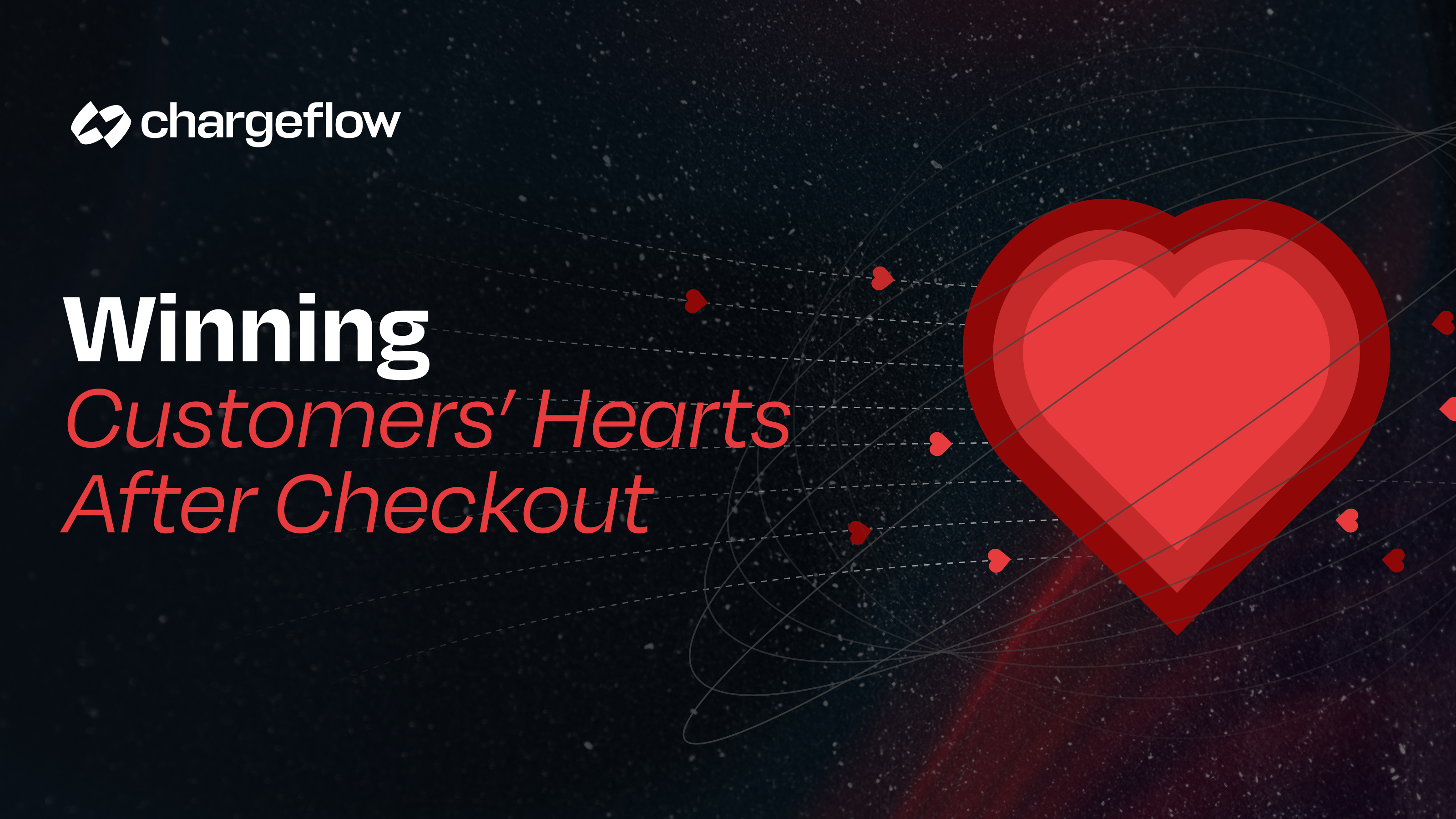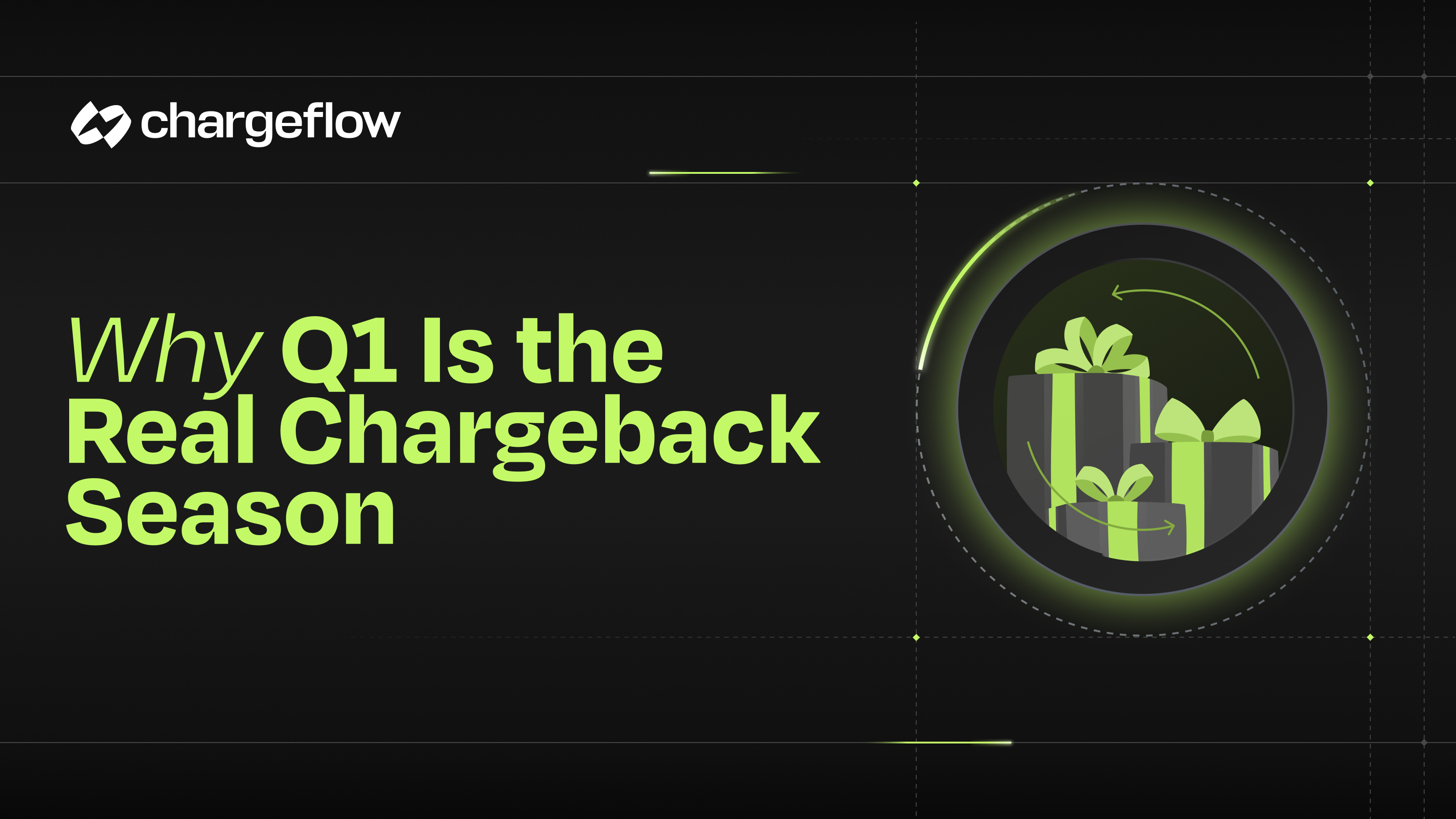Unveiling the Enigma: The Role of a Dispute Analyst

Chargebacks?
No longer your problem.
Recover 4x more chargebacks and prevent up to 90% of incoming ones, powered by AI and a global network of 15,000 merchants.
Unveiling the crucial role of a dispute analyst. Gain insights into responsibilities in mitigating conflicts and resolving payment disputes effectively.
As a business owner, navigating the complex world of disputes can be daunting. When unexpected conflicts arise, finding a resolution becomes paramount. This is where the role of a Dispute Analyst comes into play—a skilled professional who possesses the expertise to unravel the intricacies of disputes and guide you towards a favorable outcome.
With their deep understanding of dispute resolution, Dispute Analysts serve as invaluable assets in managing conflicts effectively. Whether it's resolving customer complaints, mediating disagreements, or evaluating claims, these professionals bring clarity and expertise to the table.
In this article, we will delve into the multifaceted responsibilities of a Dispute Analyst, explore the qualities to look for when seeking their services, and examine the significant impact they can have on your business.
Get ready to discover the essential insights that will empower you to navigate disputes with confidence and ease.
What Is a Dispute Analyst?
A Dispute Analyst is a professional equipped with the skills and expertise to investigate and resolve disputes. Their role encompasses analyzing conflicts, evaluating claims, and facilitating negotiations. While dispute resolution may sound complex, these experts possess the knowledge and finesse to navigate through the intricate web of disagreements.
An Expert in Analyzing Disputes
As an expert in their field, a Dispute Analyst engages in meticulous investigation and analysis. They gather relevant information, conduct thorough research, and diligently analyze evidence and documentation. Their keen eye for detail allows them to piece together the puzzle of each case, seeking clarity and understanding.
Assessing Validity and Evidence
Once armed with information, a Dispute Analyst embarks on the critical task of evaluating claims and evidence. With razor-sharp scrutiny, they assess the validity of each claim, examining supporting documents and evidence. By applying rules and regulations, they make informed decisions that hold the key to fair resolutions.
Guiding Negotiations and Resolutions
The role of a Dispute Analyst extends beyond analysis; they are skilled negotiators and facilitators. Engaging with all parties involved, they create an environment conducive to constructive discussions. Through mediation, they seek to bridge the gap between conflicting interests, striving for resolutions that are fair and mutually agreeable.
Meticulous Documentation and Reporting
In the realm of dispute resolution, accuracy is paramount. A Dispute Analyst takes meticulous care in documenting and reporting their findings. They maintain comprehensive records, generate detailed reports, and provide valuable recommendations. By tracking outcomes and trends, they contribute to the broader analysis of dispute patterns and prevention.
The Essential Expertise
To excel in this field, a Dispute Analyst possesses a diverse range of skills. Their analytical prowess allows them to evaluate complex situations, while their communication and negotiation skills foster effective dialogue. With attention to detail and organizational finesse, they navigate multiple cases, meeting deadlines and prioritizing tasks.
What Does a Dispute Analyst Do?
When conflicts arise, a skilled Dispute Analyst takes center stage. They delve into the heart of the matter, meticulously investigating disputes to uncover the truth. Armed with analytical prowess, they leave no stone unturned.
Evaluating Claims and Evidence: A Delicate Balancing Act
A Dispute Analyst assumes the role of a judge, evaluating claims and sifting through mountains of evidence. With a discerning eye, they assess the validity of each claim, carefully weighing the evidence presented. Their expertise allows them to apply rules and regulations with precision, leading to informed decisions.
Facilitating Negotiations and Settlements: The Art of Diplomacy
In the realm of dispute resolution, a Dispute Analyst serves as a skilled mediator. They bring together conflicting parties, fostering open dialogue and finding common ground. Their adeptness in negotiation techniques paves the way for fair and mutually agreeable resolutions.
Documenting and Reporting: A Trail of Clarity
A Dispute Analyst is meticulous in their record-keeping. They maintain a trail of clarity, documenting every aspect of the dispute resolution process. With their keen attention to detail, they generate detailed reports and recommendations, allowing for comprehensive analysis and tracking of outcomes.
What Should Merchants Look for in a Dispute Analyst?
A Dispute Analyst serves as a vital bridge between merchants and their customers, meticulously examining and evaluating claims, gathering evidence, and facilitating negotiations. Their expertise in dispute resolution, coupled with their analytical prowess, enables them to navigate complex situations with finesse.
Relevant Experience and Expertise
- In-depth understanding of industry-specific disputes
- Familiarity with payment processing systems
- Proven track record of successful resolutions
Strong Analytical and Problem-Solving Skills
- Ability to evaluate complex situations swiftly
- Proficiency in data analysis and interpretation
- Critical thinking to identify underlying issues effectively
Effective Communication and Negotiation Skills
- Clear and concise communication abilities
- Diplomacy and tact in handling sensitive situations
- Employing negotiation strategies for favorable outcomes
Attention to Detail and Organization
- Thoroughness in documenting and reviewing information
- Strong organizational skills to manage multiple cases efficiently
- Meeting deadlines and prioritizing tasks effectively
When seeking a Dispute Analyst, merchants should consider individuals with relevant experience in their industry and a solid understanding of payment processing systems. Look for candidates who have a track record of successfully resolving disputes and can demonstrate strong analytical and problem-solving skills.
Effective communication and negotiation skills are essential for a Dispute Analyst to engage with involved parties and mediate discussions. They should possess clear and concise communication abilities, along with diplomacy and tact to handle sensitive situations professionally.
Furthermore, attention to detail and organizational skills are crucial for maintaining accurate records, generating comprehensive reports, and effectively managing multiple cases. Merchants should prioritize candidates who exhibit these qualities and can meet deadlines efficiently.
By finding a Dispute Analyst with the right blend of experience, skills, and attributes, merchants can enhance their dispute resolution process, reduce financial losses, and ensure customer satisfaction.
Do Merchants Need Dispute Analysts?
It's crucial to have a clear understanding of whether or not you need a Dispute Analyst to navigate these challenging situations. Let's delve into the topic and explore the benefits and limitations of having a Dispute Analyst on your side.
The Benefits of Hiring a Dispute Analyst
1. Efficient Dispute Resolution
With a Dispute Analyst on board, you gain access to an expert who specializes in resolving conflicts and disputes. Their role is to meticulously investigate, evaluate evidence, and facilitate negotiations.
By entrusting this responsibility to a skilled professional, you can expedite the resolution process, saving valuable time and resources.
2. Enhanced Customer Satisfaction and Retention
Disputes can be stressful for both you and your customers. A Dispute Analyst acts as a neutral party, carefully navigating the conflict resolution process.
By addressing customer concerns with professionalism and empathy, they can help restore trust and preserve relationships. Improved dispute resolution contributes to higher customer satisfaction, ultimately leading to increased loyalty and retention.
The Limitations of Dispute Analysts
1. Cost Considerations
Hiring a Dispute Analyst involves an additional expense for your business. While their expertise can yield positive outcomes, it's essential to weigh the potential financial implications against the benefits they provide.
Consider factors such as the volume and complexity of disputes your business typically faces, as well as the resources available to handle them internally.
2. Industry-specific Knowledge
Dispute Analysts may have varying degrees of expertise in different industries. When considering whether to hire one, it's crucial to assess whether their background aligns with your specific industry.
Understanding the unique challenges and regulations relevant to your business can significantly impact their effectiveness in resolving disputes.
3. Internal Resources and Expertise
Depending on the size and nature of your business, you may already have internal resources dedicated to dispute resolution. In such cases, carefully evaluate whether hiring a Dispute Analyst would add significant value beyond what your existing team can handle.
Efficient utilization of internal resources should be a key consideration in determining the need for external expertise.
Dispute Analyst vs. Chargeback Management: Which is More Viable?
The viability of dispute analyst vs. chargeback management depends on the specific needs of your business.
A dispute analyst is responsible for investigating and resolving disputed credit card transactions. This can include fraud, unauthorized purchases, and billing errors. A dispute analyst typically has a background in customer service, fraud prevention, or accounting.
Chargeback management is a more comprehensive approach to managing disputed transactions. It includes dispute analysis, but it also encompasses prevention, investigation, and resolution. A chargeback management team typically has expertise in all aspects of credit card processing, including fraud prevention, risk management, and customer service.
If your business is small or has a limited number of disputed transactions, a dispute analyst may be a sufficient solution. However, if your business is larger or has a high volume of disputed transactions, a chargeback management team may be a better option.
Chargeflow: Your Automated Chargeback Management Company
Chargeflow is an automated chargeback management company that helps eCommerce merchants reduce chargebacks and improve their bottom line.
The platform uses machine learning and artificial intelligence to generate custom-tailored chargeback responses, which have been shown to increase win rates by up to 80%.
Chargeflow also offers a number of other features, including:
- Real-time dispute monitoring
- Detailed chargeback reports
- Chargeback prevention tools
- Customer support
The platform is easy to use and can be integrated with most major eCommerce platforms.
Chargeflow is a success-based pricing service, which means that you only pay when you win a chargeback. This ensures that you only pay for the services that you use, and it can help you save money on chargeback fees.
Here are some of the benefits of using Chargeflow:
- Reduce chargebacks: Chargeflow's machine learning algorithms can help you identify and prevent fraudulent transactions, which can help you reduce chargebacks.
- Improve win rates: Chargeflow's custom-tailored chargeback responses have been shown to increase win rates by up to 80%.
- Save time and money: Chargeflow automates the chargeback management process, which can save you time and money.
- Get peace of mind: Chargeflow's team of experts is available to help you with any chargeback issues that you may have.
Boost Your eCommerce Business with Chargeflow - the Ultimate Solution for Reducing Chargebacks and Maximizing Profitability. As an eCommerce merchant, you know the importance of minimizing chargebacks and maximizing your bottom line.
With Chargeflow, you have the power to do just that. Our user-friendly platform simplifies the process, saving you valuable time and money. Say goodbye to frustrating chargebacks and hello to increased revenue.
Experience the difference with Chargeflow and watch your business thrive.

Chargebacks?
No longer your problem.
Recover 4x more chargebacks and prevent up to 90% of incoming ones, powered by AI and a global network of 15,000 merchants.


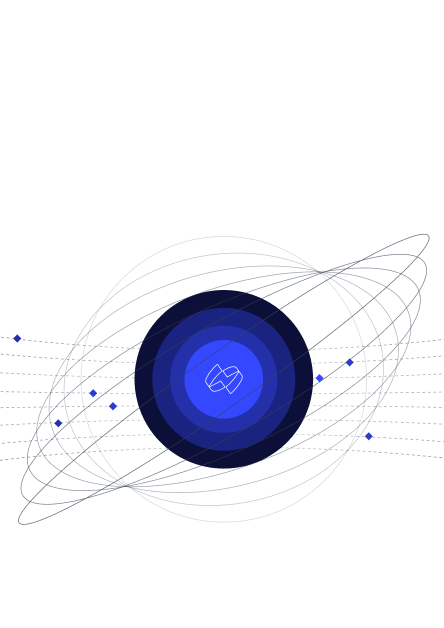
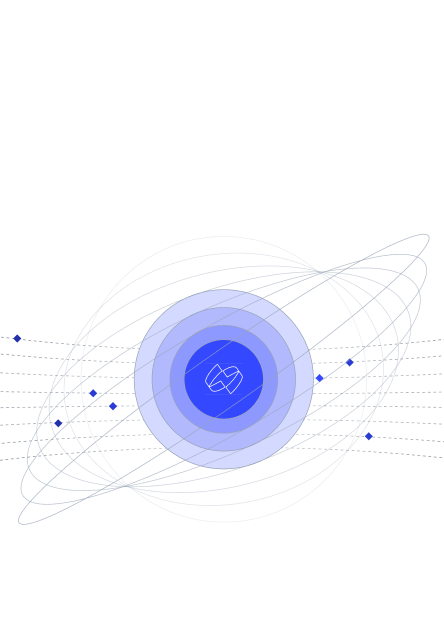
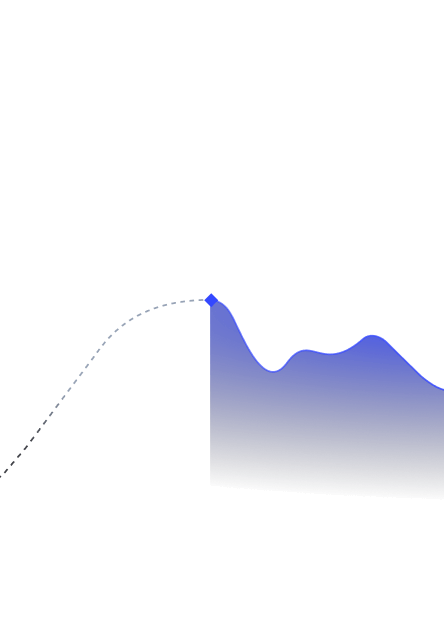
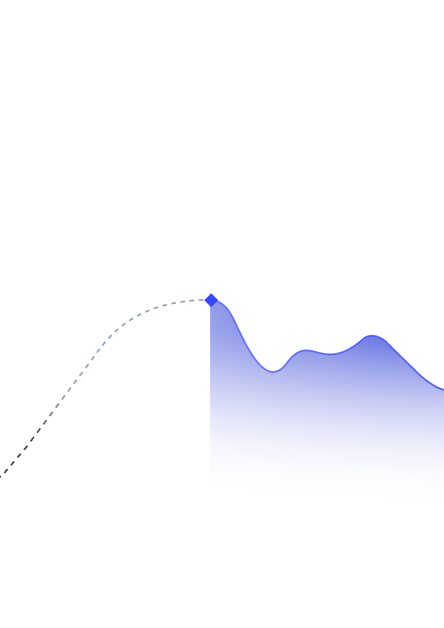










































.png)

